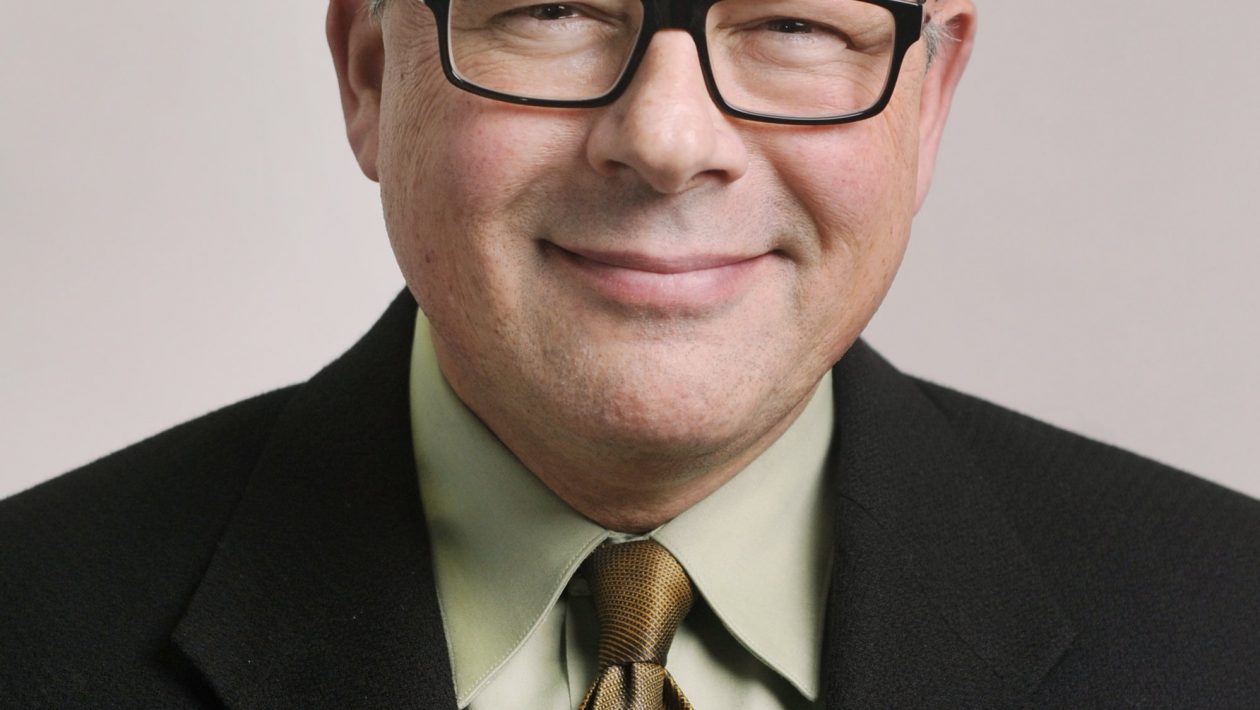All of us experience headaches from time to time.
Sleep deprivation, dehydration or stress, for example, may give rise to “tension headaches,” experienced as band-like pressure around the cranium.
Migraine headaches, by contrast, tend to be more severe, leading a sufferer to take refuge in a dark room in some cases.
Unlike the typical tension headache, migraine headaches seem to afflict one side of the head.
An “aura,” such as visual perception of wavy lines, may herald the onset of these headaches.
The Cleveland Clinic recently published an online Daily Brief describing new observations, with regard to the prevention and treatment of migraines. I found these observations, derived from multiple medical journals, to be intriguing. Consider the following areas of study:
• Insufficient sleep may trigger migraines. The cut-off appears to be about six-and-a-half hours of sleep a night for prevention of migraines. People sleeping less are more prone to migraines. This observation appears to be valid even when one adjusts for exercise levels, alcohol consumption and caffeine ingestion. Sleeping more diminishes migraine risk.
• “Mindfulness” may diminish migraines. Cognitive psychotherapy geared toward self-awareness diminishes migraine headache disability, according to research published in the journal Headache.
• Medical marijuana is under study. Researchers relying on self-reported data concluded, in research published in the Journal of Pain, that reports of pain diminished 50 percent after use of cannabis. Cannabis use, of course, also confers risks, including impairment of driving.
• Psoriasis may be associated with migraines. Data derived from the National Health and Nutrition Examination Survey suggest that psoriasis may be associated with migraine headaches. Will treating psoriasis diminish this correlation? More study is needed.
• Caffeine may cause migraine. This is suggested in a study from the American Journal of Medicine and is somewhat counter-intuitive. Migraine remedies often, in fact, contain caffeine. The authors recognize this but suggest that consuming more than three servings a day of caffeinated beverages may nonetheless predispose a person’s migraines by day’s end.
• Depression and migraine go together. Major depressive disorders appear to be correlated with migraine headache risk. This appears to be true whether the migraines are associated with an aura or not. Depression, of course, is increasingly viewed as a biological process related to neurotransmitters in the brain so this is not entirely surprising. Moreover, depressed individuals also suffer from sleep disturbances.
• Guidelines for migraine in young people are evolving. Specific guidelines are emerging in this respect, published in the journal Neurology. This begs the question as to whether migraine in younger patients is fundamentally different. As a corollary to this, some researchers at the Cleveland Clinic report injection of botulinum toxin as a treatment of what are described as “intractable” migraines in pediatric patients.
• Collaborative treatment for migraines is emerging. The Cleveland Clinic is spearheading this approach, which involves collaboration between various specialists. Migraines tend to be seen by physicians in primary care, neurology and other specialties.
An individual with recurrent migraine headaches would be wise to seek assessment by a primary care physician. Typically, referral to a specialist is not necessary.
There are cases in which a detailed evaluation may be appropriate to exclude more serious underlying conditions. A brain tumor or hemorrhage, for example, would be extreme examples.
On a practical level, I think we can take steps to prevent or diminish migraine headaches and tension headaches.
Getting enough sleep is prudent. I think maintaining adequate fluid intake is reasonable.
With respect to caffeine, the existing data remain inconclusive. There is a phenomenon of caffeine-withdrawal headache, in which cessation of caffeine use results in pain.
Patients admitted to hospitals for heart problems are often placed on a caffeine-free regimen, predisposing to this phenomenon. More research is, no doubt, percolating. Stay tuned.
Scott Anderson, M.D., Ph.D. (standerson@ucdavis.edu) is a clinical professor at the University of California, Davis Medical School. This column is informational and does not constitute medical advice.
Related
